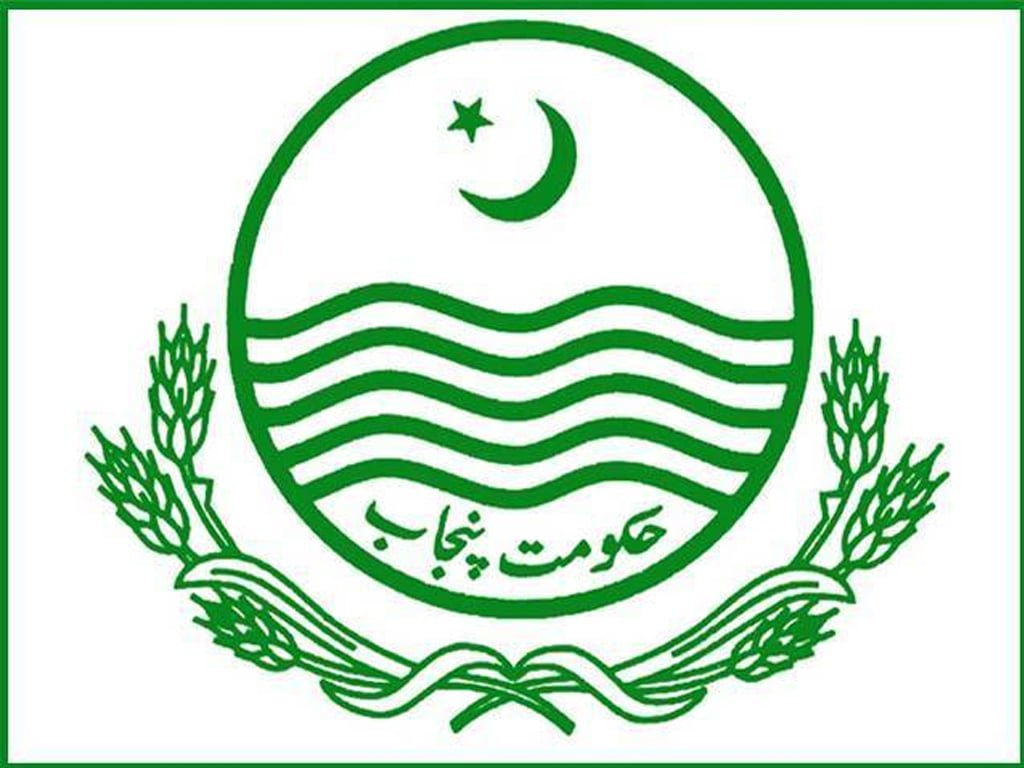The Punjab government has decided to establish the Punjab Special Planning Authority (PSPA) to combat the rising issue of illegal housing societies and implement structured zoning for commercial, residential, and agricultural land use. The decision was made during a high-level meeting presided over by Punjab Chief Minister Maryam Nawaz Sharif on Wednesday.
Formation of PSPA and its Responsibilities
The PSPA will be responsible for formulating a district land use plan by conducting zoning of different land categories. This zoning will help streamline urban and rural development, preventing unauthorized housing projects and ensuring land is utilized efficiently. The district land use plan and zoning regulations will undergo revisions every four years to accommodate evolving urbanization trends and infrastructural needs.
Establishment of District Special Planning Committees
To ensure effective implementation at the local level, the government has decided to set up District Special Planning Committees in all districts. These committees will be led by the respective deputy commissioners and will include representatives from key service providers such as WAPDA, Sui Northern Gas Pipelines Limited (SNGPL), and the Water and Sanitation Agency (WASA). Their primary role will be to oversee zoning enforcement, address urban planning concerns, and collaborate on resolving infrastructure challenges in their respective districts.
Implementation of Violation Tracking Mechanism
A violation tracking system will be introduced to monitor unauthorized land usage and construction activities. The government plans to leverage a digital tool called the District Digital Wall, which will help identify illegal land use in real time. This technological intervention will also expedite the approval process for legal housing and commercial projects by allowing applications to be processed based on digital data.
Standardized Design and Eco-Friendly Housing Societies
The meeting also discussed introducing a uniform architectural design and standardized color schemes for commercial and residential zones within housing societies. Additionally, recommendations were reviewed to make residential projects more eco-friendly, pedestrian-friendly, and compliant with contemporary urban planning principles. Emphasis was placed on incorporating green spaces, walkways, and sustainable infrastructure to enhance the quality of life for residents.
Expedited Approval and Daily Review of the Lahore Development Plan
To address bureaucratic delays, Chief Minister Maryam Nawaz Sharif directed authorities to ensure the prompt disposal of pending applications related to the housing sector. She also instructed officials to submit a detailed progress report on the Lahore Development Plan for daily review, highlighting the need for rigorous monitoring to prevent urban planning lapses.
Financial Savings through E-Tendering and Progress on Development Schemes
During the briefing, officials informed the chief minister that the introduction of e-tendering in the Lahore Development Plan has resulted in significant financial savings worth millions of rupees. Furthermore, an update was provided on 414 development schemes currently being executed under Phase-I of the Lahore Development Plan.
Chief Minister’s Remarks on Town Planning
Highlighting the importance of strategic urban planning, CM Maryam Nawaz Sharif stressed that effective town planning is crucial for long-term stability and organized development. She expressed concerns over the rise of illegal housing societies due to previous mismanagement and called for stringent measures to regulate land use across Punjab.
The Punjab government’s initiative to establish the PSPA marks a major step towards ensuring planned urban growth, preventing encroachments, and promoting sustainable housing development in the province.





